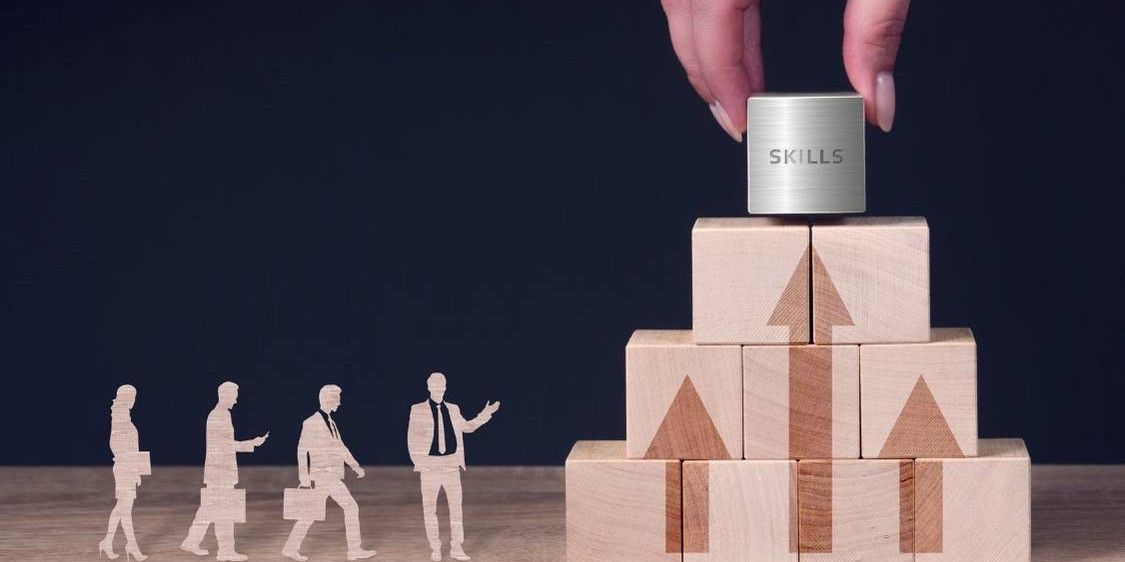The future of work is not a distant concept — it’s happening now. Automation, remote collaboration, and shifting employee expectations are redefining how organizations operate. To stay competitive, businesses must not only embrace change but anticipate it. The key to thriving in this new era lies in agility, innovation, and talent strategy.
1. Embracing Workforce Agility
Rigid business structures no longer work in a rapidly evolving economy. The companies leading the future are those capable of adapting their workforce to market shifts — whether through hybrid work models, upskilling initiatives, or flexible staffing solutions.
Agility means building teams that can pivot quickly, learn fast, and deliver consistent value regardless of disruption. It’s not about replacing human roles with technology but augmenting human capability with smarter tools and adaptable systems.

2. Leveraging Technology as a Strategic Partner
Technology has evolved from a support function into a core business driver. Artificial intelligence, machine learning, and cloud-based collaboration platforms are transforming how work gets done.
Businesses that succeed in the future will use these tools not just for efficiency, but for strategic foresight — analyzing data to predict trends, optimize workflows, and enhance decision-making. The smartest organizations view digital transformation as an ongoing journey, not a one-time investment.
3. Prioritizing Continuous Learning and Development
In a world where industries shift overnight, knowledge becomes outdated quickly. This makes continuous learning a competitive advantage. Companies that invest in employee development cultivate resilience, innovation, and long-term loyalty.
Encouraging employees to upskill through online training, mentorship programs, or cross-functional projects builds a workforce that thrives on curiosity — a defining trait of future-ready organizations.
4. Redefining Leadership for a Digital Era
Leadership in the future of work is less about hierarchy and more about human connection. Today’s leaders must guide teams through ambiguity, champion collaboration, and inspire through purpose rather than authority.
Empathetic, emotionally intelligent leadership drives engagement and innovation — two qualities that determine how effectively an organization can adapt to change. The strongest leaders aren’t just strategists; they’re enablers of trust and creativity.
5. Building a Culture of Inclusion and Purpose
Modern employees seek more than a paycheck — they seek meaning. A purpose-driven culture attracts top talent, fosters retention, and strengthens brand reputation. Businesses that champion diversity, sustainability, and social responsibility resonate more deeply with both customers and employees.
A future-proof company aligns its mission with broader societal values, creating workplaces where people feel empowered to contribute beyond their job titles.

6. Strategic Talent Partnerships for the Modern Age
In the gig economy and networked workforce era, the best talent may not always be on your payroll. Businesses are increasingly turning to talent networks, consultants, and flexible staffing models to fill skill gaps quickly and efficiently.
This shift from traditional recruitment to strategic talent partnerships enables companies to scale expertise on demand — a critical advantage in industries driven by rapid innovation.
Conclusion: Future-Ready Is Human-Centered
The future of work is not solely about automation or technology — it’s about people. Success will depend on how effectively organizations combine human creativity with digital intelligence.
Businesses that invest in adaptability, continuous learning, and purpose-driven leadership will not just survive change — they’ll lead it.



